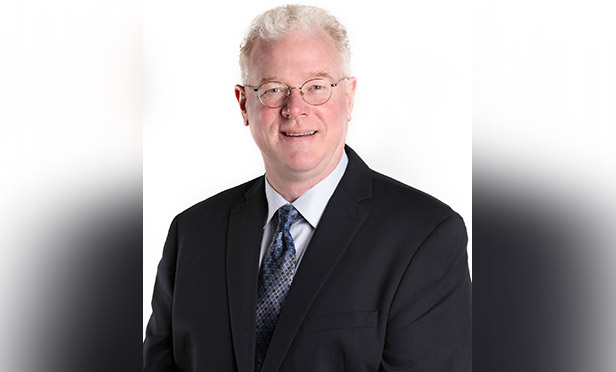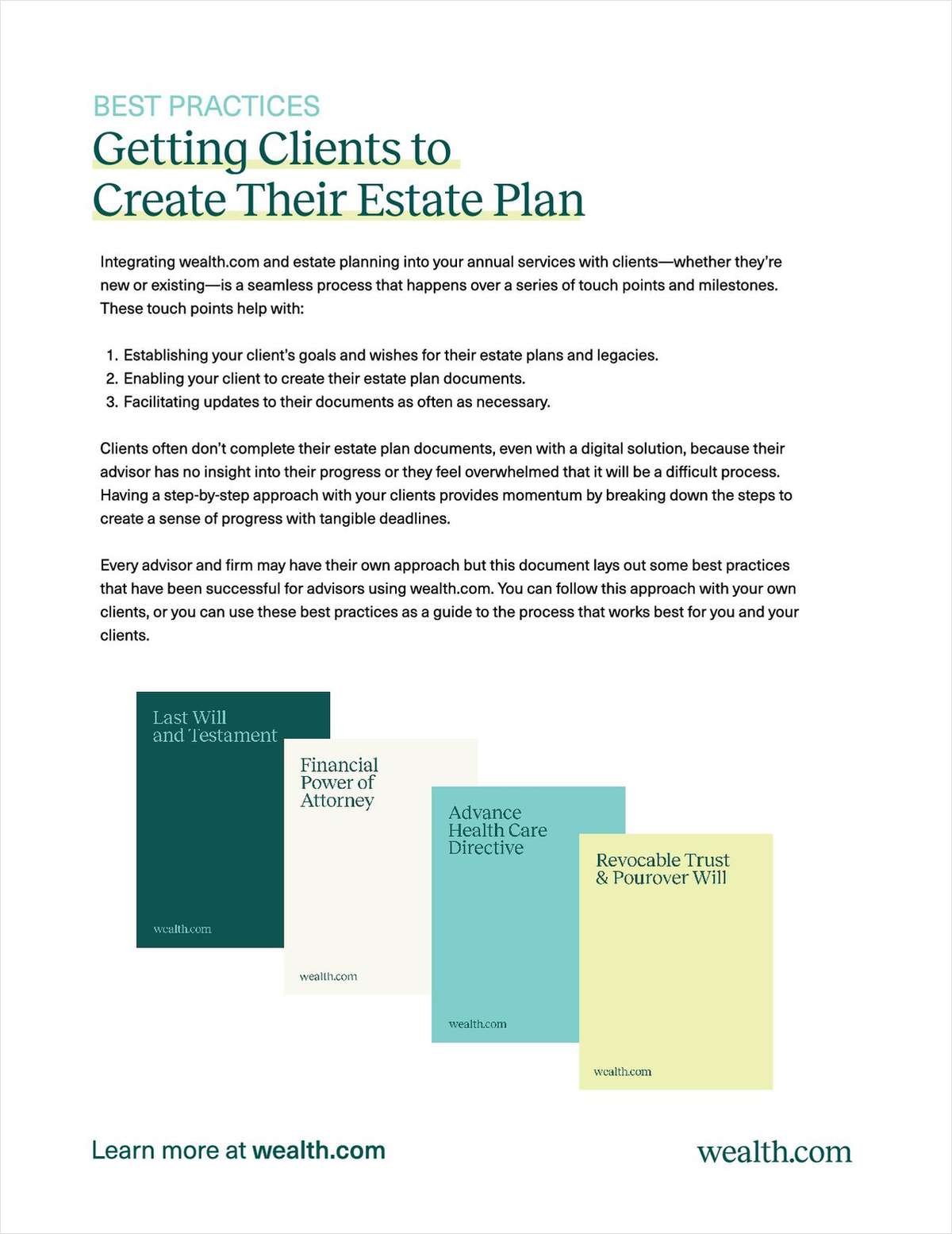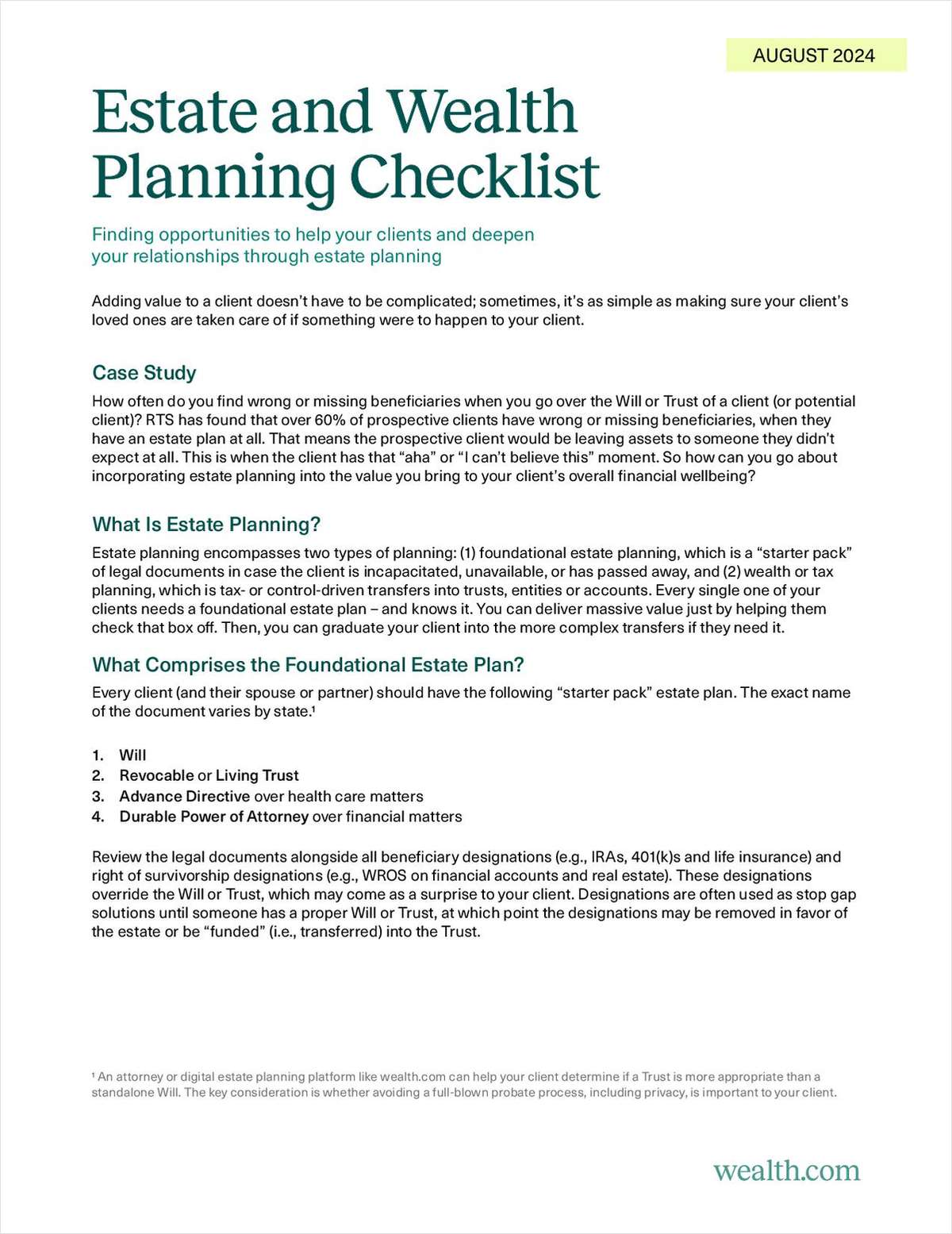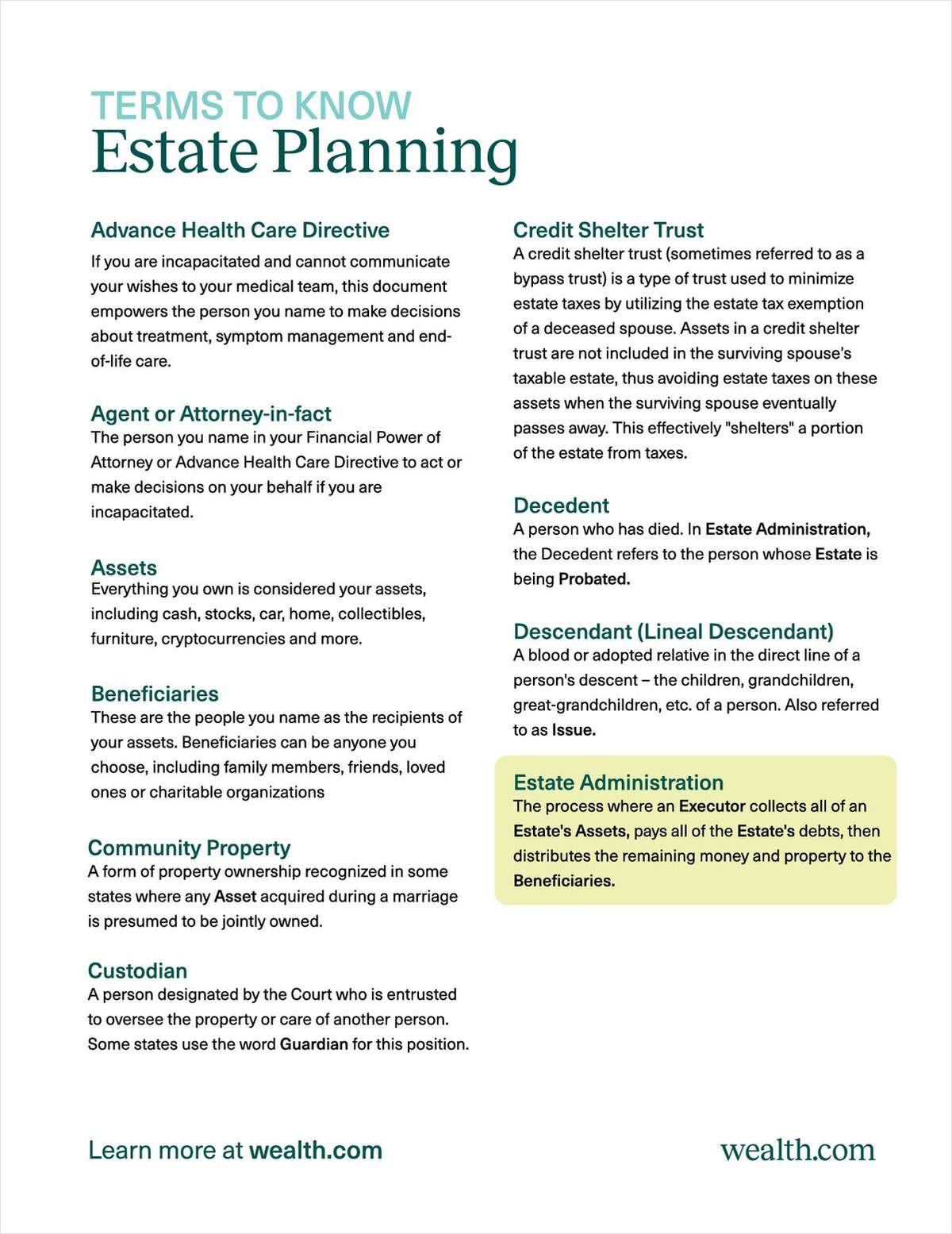
 (Photo: Shutterstock)
(Photo: Shutterstock)
My next-door neighbor is a full-time artist. In our eroding economy, I'm concerned that his business flow will diminish, because an art purchase is a "want," not a "need."
When economies go into decline, we see the shift from want to need, as the stock markets increasingly focus on companies with products that fill needs rather than wants. Examples include companies such as General Mills for food, Target for staples, and in the case of my wife (and others), Hershey for much-needed chocolate.
When an advisor is recruited to a new broker-dealer, it can be a want or a need. For instance, our firm recently placed an advisor changing BDs based on need, parting ways at the broker-dealer's request.
But many recruiting situations are more want than need, and recruiting can take a backseat to more pressing matters. A recent email I received illustrates this point.
Clients Come First
In it, an advisor wrote, "While I appreciate you touching base with me and providing information/reasons/opportunities for changing broker-dealer, that is the last thing on my mind right now. My time and energy are being spent servicing and communicating with our clients. That client focus appears to be for the foreseeable future, given the state of the world economy."
I completely agree that clients come first and that advisors should keep their focus on their clients' needs during this market upheaval. To pressure advisors to make a change during this turbulent time is simply self-serving and inappropriate.
Market conditions aside, our firm has seen a number of situations where pursuing a BD change is inappropriate. Probably the best guide to determine this is the Financial Industry Regulatory Authority's Registered Representative Composition Report.
The report includes 10 categories that BDs should track. If an advisor meets any of these criteria, there's the potential that a change of broker-dealer could be problematic.
List of Red Flags
1. Representative new to the industry: A newer advisor will be under more scrutiny due to lack of experience; for example, their trades will be looked over in more detail. Otherwise, there's no issue changing broker-dealers.
2. Transferred from another firm: As long as leaving the other firm was voluntary and there is no open-ended compliance issue, this is not problematic.
3. Registered with three or more firms in the last two years: This has been increasingly problematic, as some advisors have a history of repeatedly switching firms every year or two.
Fewer firms are willing to bring on advisors with job-hopping histories, except for perhaps lower-quality BDs.
More difficult, still, is when an advisor expects to receive transition note money from a new firm when in reality, they may be lucky to simply have a firm make them an offer.
4. Termination: Many larger firms have blanket policies to not hire an advisor with an Employment Separation after Allegations within the last 10 years, while others will look at the context of the separation. Forging client signatures or unfilled forms that are signed by the client can make you a toxic consideration.
5. Multiple disclosures: One or two customer complaints isn't much of an issue. When you get up to three marks within the last five years you become problematic to a broker-dealer because you are problematic to FINRA.
The hiring broker-dealer may be required to perform heightened supervision on you, which is more liability and work for the compliance department.
We've seen advisors wanting to change BDs when they have as many as 17 disclosures on their record. In these cases, we've informed them that they should appreciate that they have a broker-dealer to call home.
Even for advisors with high production, or fees and commissions, over $1 million in a year, being able to place an advisor with numerous disclosures on their Form U-4 is burdensome.
In cases such as this, if you are able to join a new firm, it may be one that is already a melting pot for troublesome representatives. In terms of "multiple" disclosures, those where there is no action taken, dismissed or denied are not included.
Also, if the disclosures are due to tax liens and other credit issues, finding a new broker-dealer may be workable, depending on the extent and reason for credit problems.



